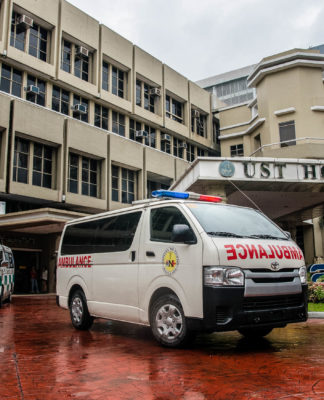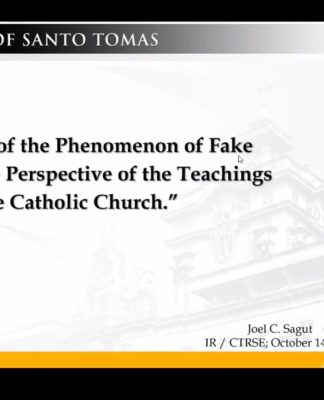It all boils down to intention.
The possible enactment into law of House Bill (HB) No. 4955 or the Medical Malpractice Bill has stirred the erstwhile silent medical profession.
Members of the medical community see the proposed law, which seeks to impose stiffer penalties on erring practitioners, as another thoughtless piece of legislation.
For one, it will force doctors to practice what Faculty of Medicine and Surgery Assistant Dean Dr. Patria Punzalan calls “defensive medicine.” Thus, physicians may resort to adopting certain excessive and unnecessary methods in the treatment of their patients, which may result in more expensive treatment.
The bill, which is sponsored by Rep. Oscar Rodriguez (Pampanga), is intended to “ensure the safety of and well-being of patients by providing them with professional medical care” (Section 2, HB No. 4955).
Given this declared policy of the proposed law, it seems that it finds insufficient State-institutionalized safeguards in the medical profession such as the National Medical Admissions Test (NMAT), the medical board exams conducted yearly by the Professional Regulatory Commission (PRC), and the Medical Act of 1959.
These safeguards were placed by the State so as to allow only the “few and qualified” to enter the profession — a field deemed by law as vested with public interest. It is not enough that a person desires to become a medical practitioner. The person must also possess the necessary qualifications to become one.
As such, the bill may be another case of overkill.
Noble may be its intention, the bill, if enacted, would place at a disadvantage doctors and patients alike. The former would be directly liable under the law in the form of harsh lawsuits regardless if there were malice or bad faith on the part of the doctor. On the other hand, patients would incur unnecessary expenses in addition to the already high cost of medical treatment in the country.
To err is human but to be punished severely for it is a matter that must resolved with utmost consideration and compassion
There have been countless instances when Congress enacted laws imbued with good intentions only to allow poor Juan dela Cruz to absorb the shocking repercussions.
Lawmakers, in curing the ills of society, should not merely prescribe remedies but must also ensure that these remedies are taken in accordance with prescription. In the case of the proposed Medical Malpractice law, the cure may be worse than the disease.


















